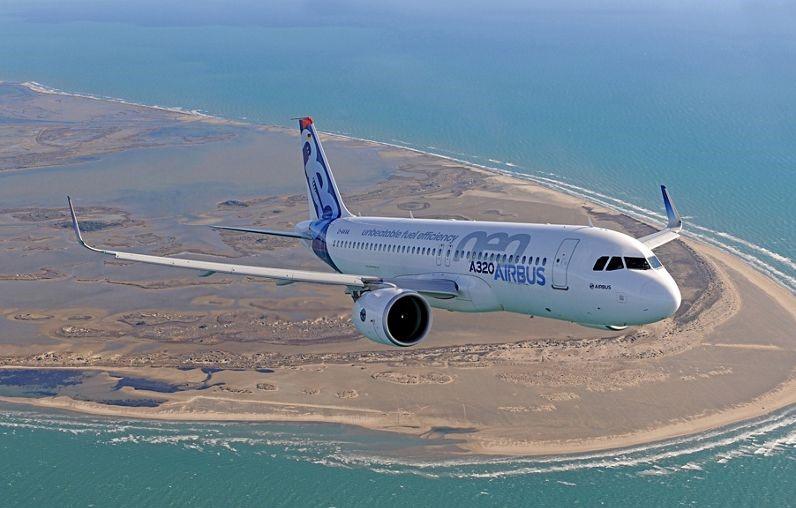
Credit: Airbus
FRANKFURT—Airbus has decided to change leadership of the important A320neo family program, as the program continues to struggle to meet its internal output targets. Michael Menking, who has run the program since 2019, is being replaced by Christoph Zammert, Executive Vice President Products and...
Subscription Required
This content requires a subscription to one of the Aviation Week Intelligence Network (AWIN) bundles.
Schedule a demo today to find out how you can access this content and similar content related to your area of the global aviation industry.
Already an AWIN subscriber? Login
Did you know? Aviation Week has won top honors multiple times in the Jesse H. Neal National Business Journalism Awards, the business-to-business media equivalent of the Pulitzer Prizes.
